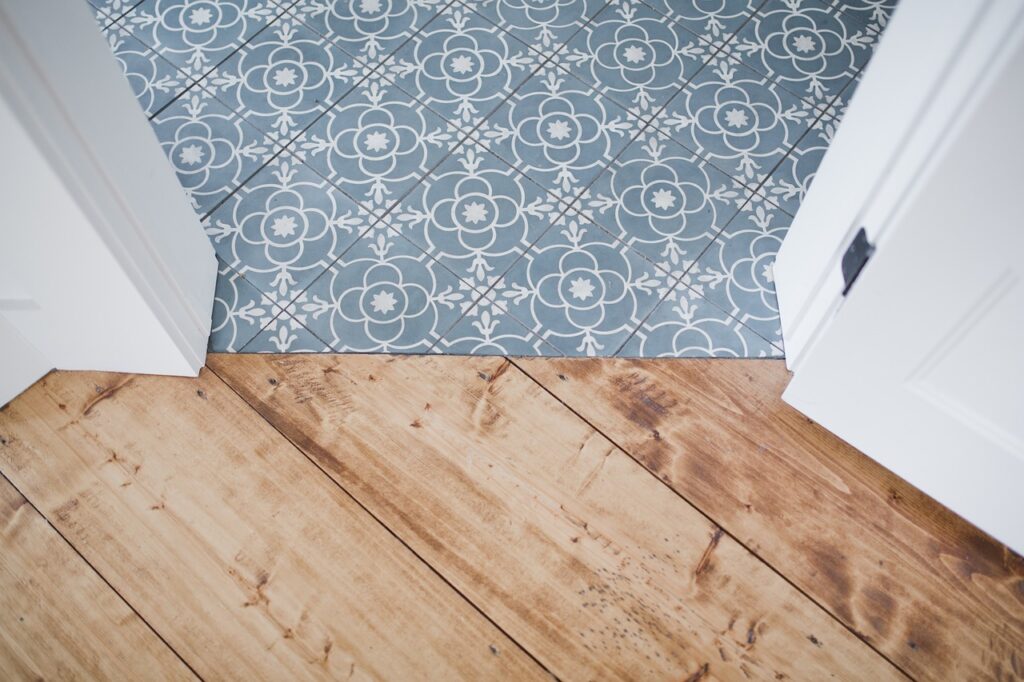How Much Does Flooring Installation Cost? A Complete Guide
If you’re planning to upgrade your home’s flooring, one of the first questions that comes to mind is: How much does flooring installation cost? The cost varies based on factors like the type of flooring material, labor fees, and additional services such as old floor removal or subfloor repairs. Whether you’re installing hardwood, tile, laminate, or vinyl, understanding these cost factors can help you budget effectively. Flooring is a significant investment, so making an informed decision ensures you get the best value for your money. In this guide, we’ll break down flooring installation costs, price comparisons, and tips to save on expenses.
Factors That Affect Flooring Installation Costs
How Much Does Flooring Installation Cost? Key Influences
Type of Flooring Material
Prices vary significantly depending on whether you choose hardwood, tile, vinyl, or carpet.Room Size and Square Footage
The larger the area, the higher the overall cost due to material and labor expenses.Labor Costs
Professional installation fees depend on the complexity of the flooring and local market rates.Subfloor Condition
If repairs or leveling are needed, they can add extra costs to your project.Additional Services
Removing old flooring, disposing of materials, and installing underlayment can impact total expenses.
How Much Does Flooring Installation Cost by Material?
Hardwood Flooring
Average Cost
Hardwood flooring typically costs $6–$12 per square foot, including installation.Installation Complexity
Requires skilled labor, which increases the cost compared to other materials.Durability and Maintenance
Long-lasting but needs refinishing over time to maintain its appearance.
Tile Flooring
Average Cost
Tile installation ranges from $5–$15 per square foot, depending on the type of tile.Labor-Intensive Process
Cutting and laying tile properly requires precision, adding to installation costs.Water Resistance
Ideal for bathrooms and kitchens but may require grout maintenance.
Laminate Flooring
Average Cost
More affordable, costing between $3–$8 per square foot with installation.Easy Installation
Many laminate floors come with click-and-lock designs that reduce labor costs.Scratch and Moisture Resistance
Durable for high-traffic areas but not as water-resistant as tile or vinyl.
Vinyl and Luxury Vinyl Plank (LVP)
Average Cost
Ranges from $2–$7 per square foot, making it one of the most budget-friendly options.Waterproof Properties
Perfect for bathrooms, kitchens, and basements where moisture is a concern.Simple Installation
Can often be installed over existing flooring, reducing prep work costs.
Additional Costs to Consider
How Much Does Flooring Installation Cost? Extra Expenses
Old Floor Removal
Costs between $1–$3 per square foot, depending on the material being removed.Subfloor Preparation
If repairs or leveling are needed, expect an additional $1–$5 per square foot.Underlayment Installation
Provides cushioning and moisture protection, costing around $0.50–$2 per square foot.Custom Designs and Patterns
Herringbone or intricate tile layouts can add 10-20% more to labor costs.Furniture Moving and Disposal
Some contractors charge extra to move furniture and dispose of old materials.
Ways to Save on Flooring Installation Costs
How Much Does Flooring Installation Cost? Budget-Friendly Tips
Choose Affordable Materials
Vinyl and laminate offer great looks at a fraction of the cost of hardwood or tile.DIY Installation When Possible
Some flooring types, like floating laminate, are beginner-friendly and can reduce labor costs.Compare Multiple Quotes
Get estimates from at least three flooring contractors to find the best price.Buy Materials in Bulk
Purchasing extra flooring upfront can help you secure discounts and avoid supply delays.Schedule Off-Season Installations
Contractors may offer lower rates during slow business months like winter.
Should You Hire a Professional or DIY?
Pros of Hiring a Professional
Ensures Proper Installation
Flooring pros have the expertise to install materials correctly, preventing future issues.Saves Time and Effort
A professional can complete the job quickly compared to a DIY approach.Access to Specialized Tools
Contractors use high-end tools that improve installation precision and durability.
Pros of DIY Installation
Cost Savings
Eliminating labor fees can save hundreds or even thousands of dollars.Flexible Scheduling
You can complete the project at your own pace without relying on contractor availability.Personal Satisfaction
Successfully installing your own flooring can be a rewarding experience.
Conclusion
So, how much does flooring installation cost? The answer depends on material choice, labor, and additional expenses like subfloor prep or furniture moving. Hardwood and tile are premium options, while vinyl and laminate offer budget-friendly alternatives. Getting multiple quotes and considering DIY for simpler installations can help reduce costs. Investing in professional installation ensures long-lasting results, especially for complex flooring projects. No matter your budget, choosing the right flooring will enhance your home’s appearance and functionality. Contact us today for Flooring Installation and Repair Services in North Kansas City and nearby areas.

